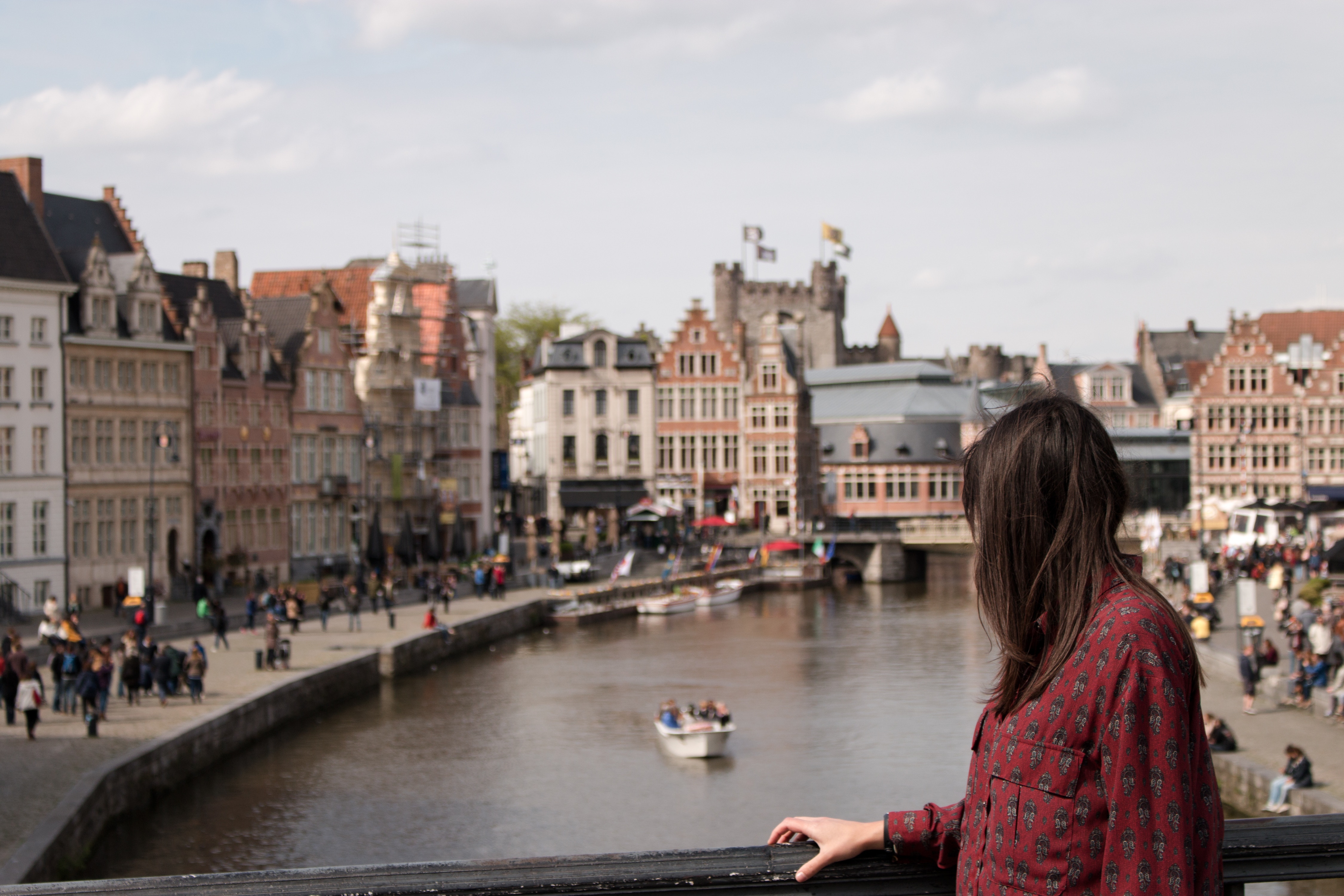Valuable tourism is working on the right balance
A review of research methods
Motivation
In the vision document Perspectief Bestemming Nederland 2030 the ambition was stated in 2018 that tourism in the Netherlands should be valuable for all residents by 2030. In order to develop the Netherlands as a future-proof destination, focus should be directed at activities that contribute to the shared interest of residents, businesses and visitors. A year later, the Dutch Council for the Environment and Infrastructure noted that a change in perspective was needed in tourism. This is necessary to find a good balance between economic benefits on the one hand and the carrying capacity of the living environment and support among residents on the other. Since then, balance has been a hot topic in the sector. Many parties, such as governments and DMOs, need insight into it for their destinations.
Objective
Many destinations want to work on ‘tourism in balance’. However, there is no standard approach for providing insight into (the degree of) balance. Various methods are now being developed in the Netherlands - and worldwide - with varying degrees of use of (academic) knowledge. CELTH, NBTC and CBS find it important to structure the existing range of methods and to compare the methods on the basis of criteria derived from available knowledge from research and practice.
The goal of this Data & Development Lab project is to provide a comparative overview of available methods for researching ‘balance’. By comparing methods and identifying the pros and cons of each method, destinations can choose the method that best suits the nature of their destination and their research question. The result is presented in a highly informative overview, visually designed as a flowchart.
Approach
First of all, definitions of the most important terms are established: what, for example, is meant by terms such as pressure, carrying capacity and support base? Next, based on an international literature review and interviews with international experts, various methods are described. In addition to an exploration of the literature, relevant cases are sought in which (combinations of) methods are applied. In a subsequent phase, an expert group makes a selection of methods to be extensively evaluated. Based on the set of criteria, the methods selected are evaluated. Finally, an extensive ‘decision tree’ is composed, which can be used by destinations to select the most appropriate method on the basis of a number of choices – and information about the consequences of these choices.
Partners
- CELTH
- NBTC
- CBS
- DMOs
- Consultancy firms
Project team
- Jeroen Klijs, professor of Social Impacts of Tourism, BUas, klijs.j@buas.nl
- Diana Korteweg Maris, project manager, HZ Knowledge Centre for Coastal Tourism, d.kortewegmaris@hz.nl
- Stefan Hartman, ETFI programme manager, NHL Stenden, stefan.hartman@nhlstenden.com
Planning
The project runs from November 2021 up to december 2022.
Status
Completed
Results
The results are public and are published on the DDL-site (in Dutch) and below as download in English.
Valuable tourism is to work on balance
Focus on Core Web Vitals and user-centric performance metrics for better search rankings and user experience.
Download


